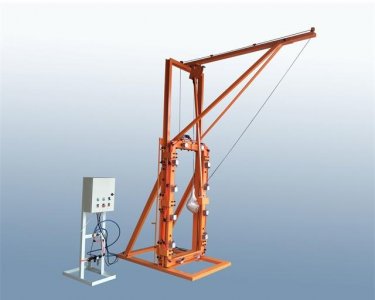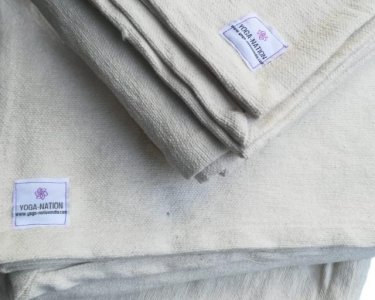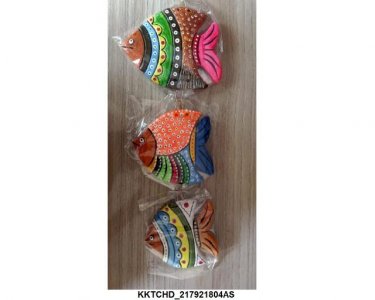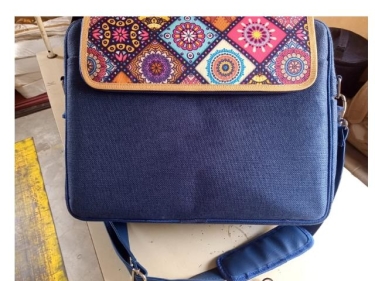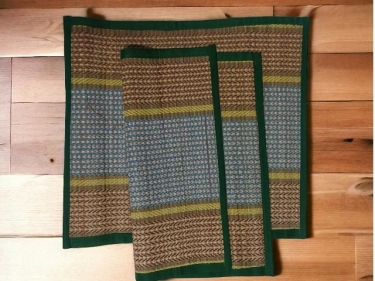Search Results for "falkland islands" in "Falkland Islands" on Export Portal
Active Filters
-
Keywords:
-
Country:
- Clear all
New Search
Couldn't find the product you want?
Fill out this form to request the product.
Exports
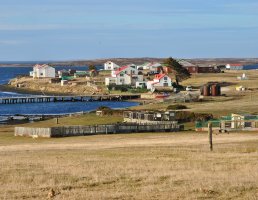
The economy of the Falkland Islands ranks 222nd by GDP and 10th worldwide by the GDP per capita. The main economic sectors are fishing, sheep farming and tourism. Falkland Islands are known for the production of high quality wool, using sheep breeds such as are Polwarth and Corriedale. The fishing industry contributes about 50% and 60% of the annual GDP. Agriculture also contributes significantly to the country's GDP and employs about a 1/10 of the population.
Tourism is estimated to be the second major economic field of the Falkland Islands. The development of this economic sector is due to the increased interest in Antarctic exploration. The main tourist attractions are the archipelago's wildlife and environment, and activities such as fishing and wreck diving. Drilling represents a potential source of revenue, as there are four sedimentary basins that could contain hydrocarbons. These basins are the North Falkland Basin, Falklands Plateau Basin, South Falklands Basin and Malvinas Basin.
The Falkland Islands is the world's 178th largest exporter. The Island's main exports include wool, hides, fish and squid, molluscs, sheep and goat meat. The top export partners are Spain, the USA, South Africa, the UK and the Czech Republic.
Customs requirements of Falkland Islands
Falkland Islands Government
Website: https://www.falklands.gov.fk
Customs department
Email: admin@customs.gov.fk
The Falkland Islands are an archipelago situated in the South Atlantic Ocean on the Patagonian Shelf. The Islands represent a British overseas territory, with an internal self-governance. The UK takes responsibility for the islands' defence and foreign affairs.
The Falkland Islands are not part of the European Single Market. However, according to the current overseas association decision (OAD) the Islands have:
- full freedom of access to the EC market for products originating in the OCTs;
- free access to the EC market for non-originating products in circulation in the OCTs after the EC customs duty has been paid;
- OCTs may give preference to their inhabitants for trade in services.
Import licenses and prohibited items:
Import licenses from the Department of Agriculture are required for plants, fish, poultry and dairy products. Live animals can be imported only if they have import licenses and veterinary health certificates. Meat and meat products require a Food of Animal Origin (FOAO) import permit. All plants and plant products require a plant import permit and a phytosanitary certificate.
Restricted products include: fruit, plant seeds, agricultural equipment and used outdoor sports equipment.
Import licenses are equally required for the importation of firearms and ammunition.
Import documents
The following documents are required while importing goods into the Falkland Islands:
- packing list, containing marks, weights, dimensions and content details
- commercial invoice - including a full and accurate description of the products, first six digits of the commodity code (HS Code), transport details; weights and dimensions; value and currency, the shipping term (ex. Incoterms); country of origin; name and address of the manufacturer.
- other shipping documents
- import permits
- health and phytosanitary certificates
The Falkland Islands come under the Overseas Countries & Territories agreement with the EU, so that importers may need an EUR1 Form.
Sources:
http://www.fig.gov.fk/policy/index.php/eu/fi
http://www.fig.gov.fk/policy/index.php/eu/trade
http://www.fig.gov.fk/agriculture/jdownloads/Biosecurity/importers_guide.pdf













